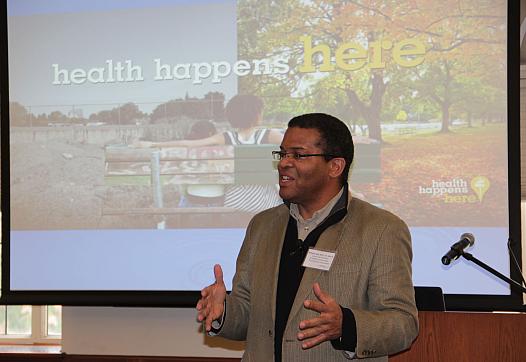
An updated look at youth suicides recently found that suicide rates in rural U.S. counties are double those of urban areas. Figuring out the causes behind the widening disparity is more difficult, but lack of access to mental health services is a big part of the problem in rural areas.

![A married homeless couple profiled by Alaska Dispatch News. [Photo by Marc Lester/ADN]](/sites/default/files/styles/teaser_list_thumbnail_large/public/title_images/Lester_Homeless.jpg?itok=NBounuYx)







